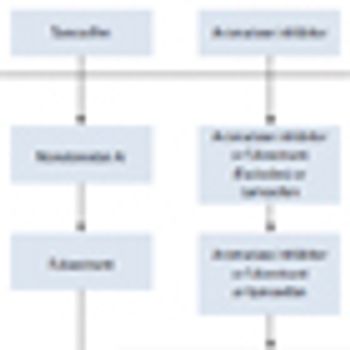
The goals of care for patients with hormone receptor (HR)-positive advanced breast cancer include prolongation of disease-free and overall survival, amelioration of symptoms, and improvement in quality of life.

Your AI-Trained Oncology Knowledge Connection!



The goals of care for patients with hormone receptor (HR)-positive advanced breast cancer include prolongation of disease-free and overall survival, amelioration of symptoms, and improvement in quality of life.

Collaboration between oncologists and reproductive endocrinologists/infertility specialists not only will improve patient care, but it also will facilitate advances in the field through cooperative research and education.

Counseling a woman with breast cancer regarding fertility ideally attempts to align two goals-one for the patient and her disease, and one for the chance of a future child. Early collaboration with a reproductive specialist should enhance discussion of the most practically available fertility-promoting options.
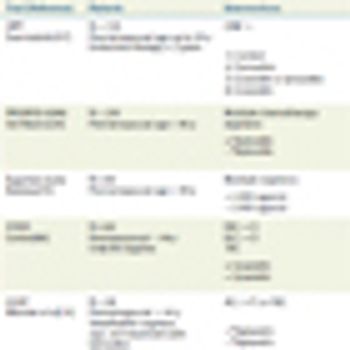
A considerable number of women with breast cancer are diagnosed during their reproductive years. In the short period of time in which newly diagnosed women will need to make decisions about surgical options and adjuvant therapy, younger women with breast cancer also face the potential impairment or complete loss of their fertility.
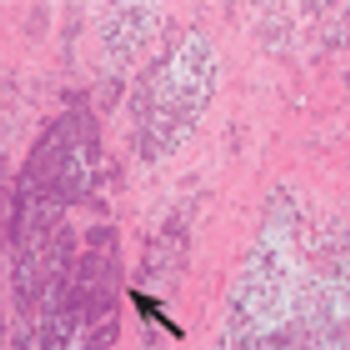
The Case: A 48-year-old perimenopausal woman noted a lump in her left breast. She had had a mammogram 9 months earlier without abnormality. After ultrasound imaging confirmed a solitary mass measuring about 1.5 cm, a core needle biopsy demonstrated a poorly differentiated mammary carcinoma with chondroid features.

The Supreme Court announced a unanimous 9-0 decision that genes cannot be patented. After a long legal battle, the high court ruled against Myriad’s patents on two breast cancer susceptibility genes-BRCA1 and BRCA2-declaring that genes are products of nature and cannot be treated as inventions.

The David A. Karnofsky Memorial Award, ASCO’s highest scientific honor, went this year to Dr. Martine J. Piccart, who is internationally recognized for her unflagging dedication and innovative approaches to the development of drugs and regimens that will truly make a difference in the lives of patients with breast cancer.

A single-center study analyzed the frequency of breast cancer susceptibility mutations among black women diagnosed with breast cancer. The findings suggest that broader genetic screening may be beneficial for these women. The study also suggests that family history is not the only criteria by which patients at risk for breast cancer can be identified.

In a study presented at ASCO, a team of researchers used microarrays to characterize 130 triple-negative breast cancer patients treated with neoadjuvant chemotherapy to see whether certain subtypes are more likely to respond to the treatment.

A study presented at ASCO shows that axillary radiotherapy results in similar outcomes to axillary lymph node dissection, but halved the incidence of lymphedema.
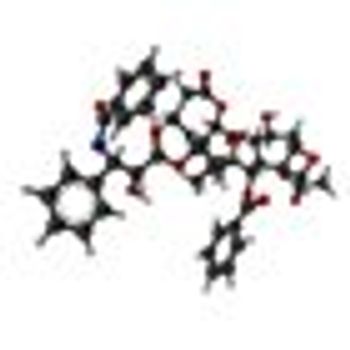
A phase III trial presented at ASCO showed similar efficacy between two adjuvant paclitaxel regimens, but the weekly regimen led to fewer patient side effects.

Women diagnosed with estrogen-receptor (ER)-positive breast cancer who took tamoxifen for 10 years as adjuvant therapy had lower risk of late recurrence and lower risk of death compared to those who took the drug for 5 years. These results corroborate the findings of the international ATLAS trial.

Ahead of the ASCO 2013 meeting we discuss neoadjuvant therapy options and clinical trials in breast cancer, as well as the opportunities for targeted therapies in post-neoadjuvant trials.

We speak with two experts to discuss breast cancer risk, genetics, and prevention options available to women at high risk of developing breast and ovarian cancer.

Palliative radiotherapy is an effective means of alleviating pain and improving overall quality of life in elderly patients with bone metastases, according to a new study.

Buy toxic chemicals and support breast cancer research! Not lying-just saw an ad on TV for weed killer and it had a pink ribbon logo on its packaging indicating, “A portion of every sale goes to support breast cancer research and awareness.” We have plenty of weed killer and a perfect lawn at our house, so I am no critic of the product. But have you noticed the pink ribbon logo on virtually every conceivable item or service?

Until better evidence is available for the effects of soy on women from non–soy-consuming countries, it seems reasonable to limit consumption to soyfoods, and to avoid high-dose supplements of processed soy components.

Soyfoods are consumed by many because of cultural factors, for potentialThere are strongly conflicting data regarding soy intake and breast cancer. As such, if women (with or without breast cancer) enjoyed partaking of soy products, then it seems quite reasonable for them to partake of them. As with most things, moderation in intake is probably wise. beneficial effects on overall health, and for the unproven hope that they will ease menopausal symptoms in women.[1]

Recently published research questions the need for the advised restriction against the use of soyfoods by women with a history of breast cancer.
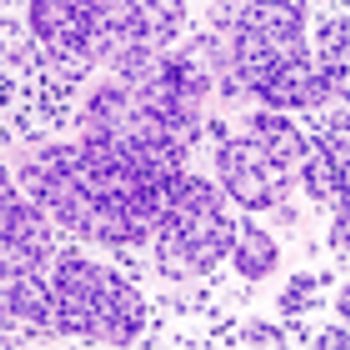
In the HERA trial, benefit for invasive lobular breast cancer patients with 1 year of trastuzumab maintenance was similar to invasive ductal carcinoma patients.
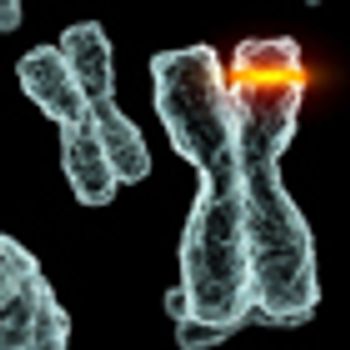
A study confirmed that PIK3CA mutations negatively affect survival in patients with HER2-positive breast cancer treated with the anti-HER2 therapy trastuzumab.

The US Preventive Services Task Force, an influential panel of experts, said that women at high risk for breast cancer should consider taking breast cancer drugs to decrease their risk.

Hypofractionated external beam WBI seems like a great option until the APBI data mature from NSABP 39/RTOG 0413. In the meantime, we will have to see whether the ACA’s mission to bend the cost curve in the face of added demand for cancer care will succeed and how our treatment decisions will be affected by this new healthcare model.

APBI is a technique that offers women with early-stage breast cancer a choice. The preponderance of evidence supports the efficacy and safety of this technique, and it should continue to be offered to appropriately selected patients on and off protocol.
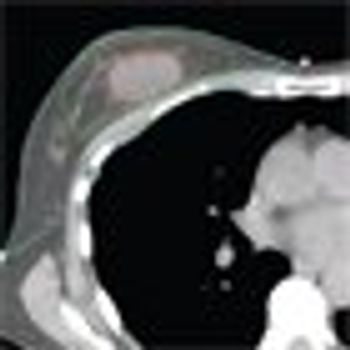
Accelerated partial-breast irradiation is a shorter, alternative radiation technique for select patients with favorable early-stage breast cancer. We review here the different modalities of delivery and discuss the possible benefits and harms associated with these treatments.